Tech giant Meta is Watch Girlfriend with big boobs is taken away by brother Onlinegearing up for worldwide elections in 2024, having laid out plans to "protect elections online" as global democracies are set to vote this year. India, often referred to as the world's biggest democracy, is amongst these countries, and Meta is working to fight an epidemic of deepfakes and misinformation ahead of the election in spring.
On Monday, the company announced a dedicated fact-checking helpline on WhatsApp for users in India, launched in partnership with the country's Misinformation Combat Alliance (MCA). The helpline will specifically work to assess media that has been generated by artificial intelligence, otherwise known as deepfakes. People will be able to flag deepfakes to a WhatsApp chatbot available in English and three Indian languages: Hindi, Tamil, and Telugu. MCA will work alongside its Deepfakes Analysis Unit, a network of independent fact-checkers, research organizations, and industry partners to identify and verify such content, thereby flagging and debunking misinformation.
Starting in March, the helpline will be available to the public. India is reported to have 535.8 million monthly active users on WhatsApp, making it the country with the most users worldwide.
Meta says the program is focused around detecting, preventing, and reporting misinformation, but also drawing attention and awareness to "the escalating spread of deepfakes."
Shivnath Thukral, director of public policy at Meta in India, says, "We recognize the concerns around AI-generated misinformation and believe combatting this requires concrete and cooperative measures across the industry."
His sentiment is echoed by MCA president Bharat Gupta, who says, "The Deepfakes Analysis Unit (DAU) will serve as a critical and timely intervention to arrest the spread of AI-enabled disinformation among social media and internet users in India."
Artificial intelligence has been flagged as a threat to upcoming elections everywhere, and India is no different. A new study by George Washington University predicts a near-daily frequency of "bad-actor AI activity" in 2024 — a danger that can "affect election results in the more than 50 countries" heading to the polls this year. These threats range from AI-generated videos posted on social media platforms to hackers influencing results, according to international affairs think tank Chatham House.
SEE ALSO: OpenAI's new election rules are already being put to the testAI-generated content has become somewhat of an epidemic when it comes to Indian politics: a recent investigation by Al Jazeera pointed out that members of Prime Minister Narendra Modi's Bharatiya Janata Party — poised to win the election this year — and Congress, the leading opposition party, have been targeted by deepfakes, which are primarily circulated on WhatsApp. There have also been incidents in which the technology has been used by party members themselves. In 2020, a prominent BJP member of parliament used deepfake technology to create campaign videos in different Indian languages.
In India, deepfakes have already infiltrated political ongoings, and have been declared a "threat to democracy" by the country's information technology minister Ashwini Vaishnaw. India currently does not have laws addressing or defining deepfakes clearly, but is working to draft rules to limit the spread of harmful content. A senior official in Modi's party warned that social media companies will be held accountable for any deepfakes posted on their platforms.
"We are the world’s largest democracy [and] we are obviously deeply concerned about the impact of cross-border actors using disinformation, using misinformation, using deepfakes to cause problems in our democracy," Rajeev Chandrasekhar, minister of state for electronics and IT told the Financial Times. "We have been alert to this earlier than most countries because it impacts us in bad ways much more than smaller countries."
Modi himself has also cited these concerns, calling on global leaders to regulate AI back in November 2023; however, his critics have made clear that the politician recognizes the power of technology and social media to connect with Indian voters, building a clear digital brand and mobilizing supporters to tout his sentiments.
Topics Artificial Intelligence Politics Meta
(Editor: {typename type="name"/})
 UGREEN Nexode 25000mAh 200W power bank drops to $79.99 at Amazon
UGREEN Nexode 25000mAh 200W power bank drops to $79.99 at Amazon
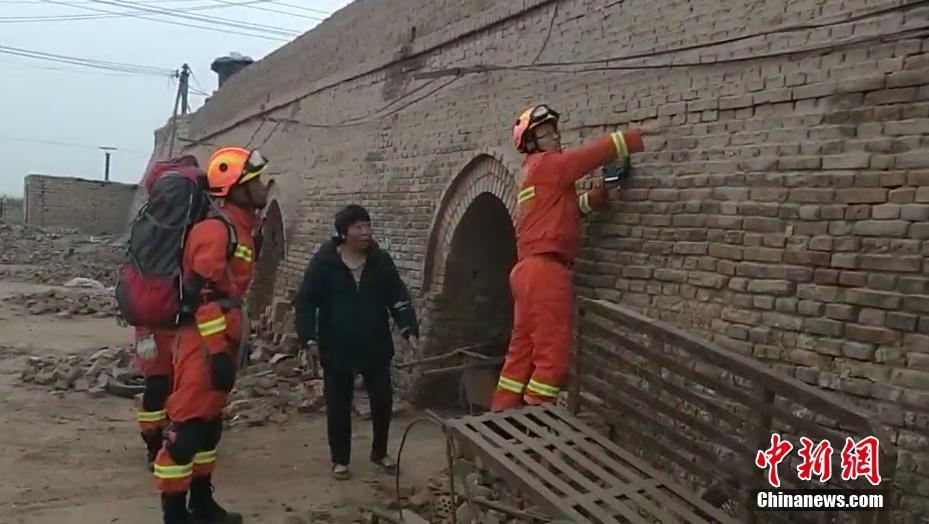 President Obama explains why Michelle will never run for office
President Obama explains why Michelle will never run for office
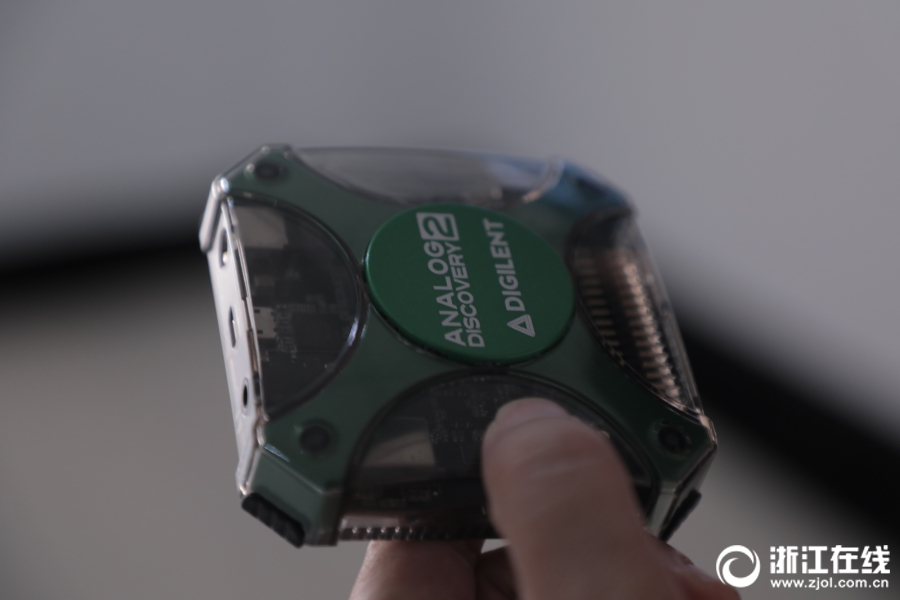 Uber will have to give holidays, basic employment rights to UK drivers
Uber will have to give holidays, basic employment rights to UK drivers
 'No Man's Sky' Twitter hacked, identity of culprit uncertain
'No Man's Sky' Twitter hacked, identity of culprit uncertain
 Best Amazon deal: Get a $5 Amazon credit when you spend $30 on home essentials
Best Amazon deal: Get a $5 Amazon credit when you spend $30 on home essentials
Today's Hurdle hints and answers for April 29, 2025
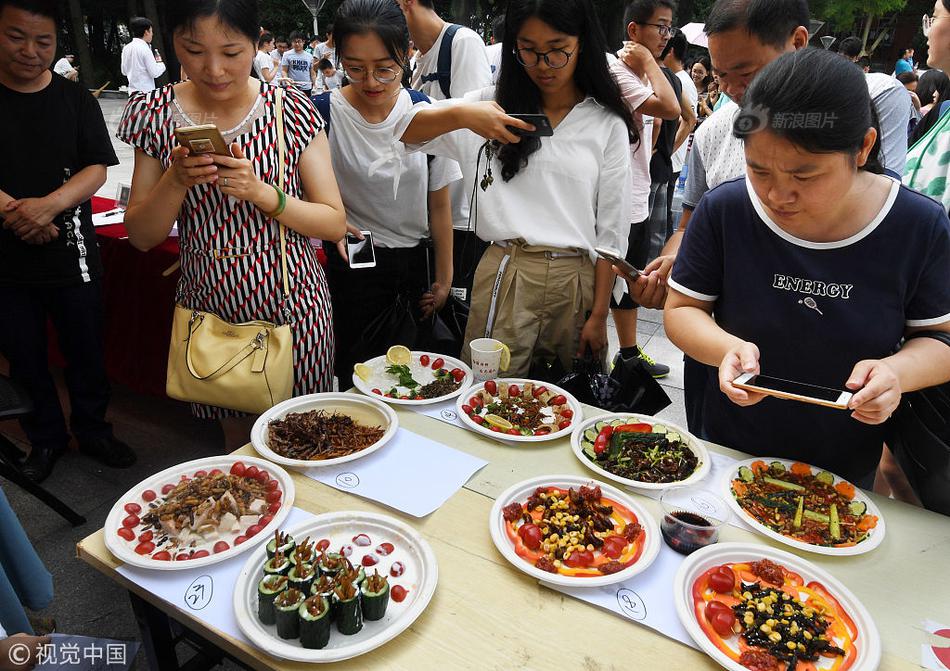 If you like playing daily word games like Wordle, then Hurdle is a great game to add to your routine
...[Details]
If you like playing daily word games like Wordle, then Hurdle is a great game to add to your routine
...[Details]
LG's UltraFine monitors are tailor
 At its MacBook-centric event Thursday, Apple did not -- as some have hoped -- introduce a new standa
...[Details]
At its MacBook-centric event Thursday, Apple did not -- as some have hoped -- introduce a new standa
...[Details]
Catch up on 'Red Dead Redemption' in this amazing comic recap
 Red Dead Redemption 2can't get here soon enough, so why not distract yourself with a dive back into
...[Details]
Red Dead Redemption 2can't get here soon enough, so why not distract yourself with a dive back into
...[Details]
This Bill Murray group costume sets the Halloween bar high
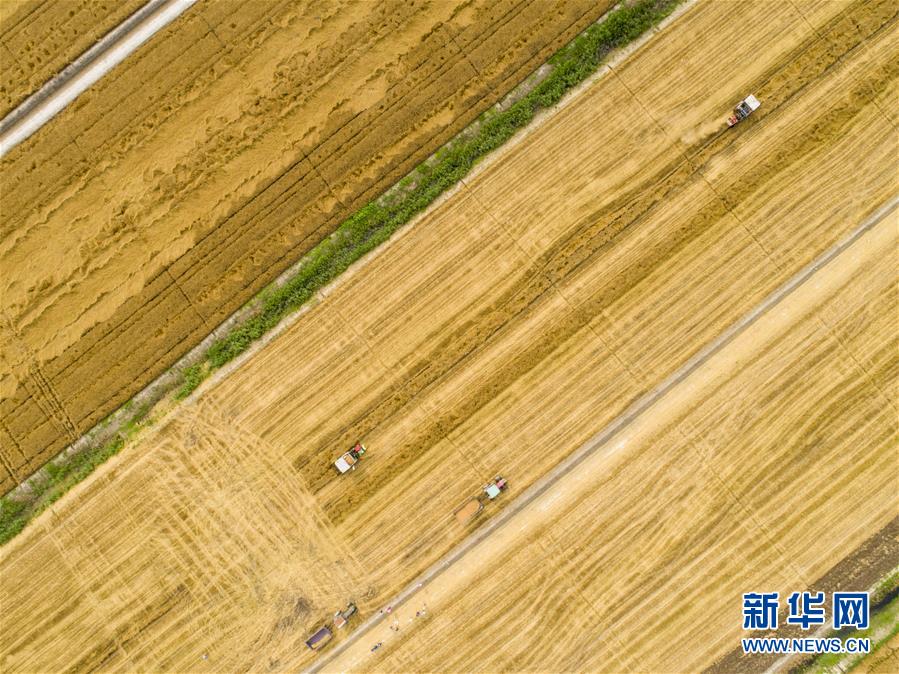 Need a foolproof winning entry for that Halloween costume contest? Take a note from these multi-year
...[Details]
Need a foolproof winning entry for that Halloween costume contest? Take a note from these multi-year
...[Details]
Trump tariff news: See the latest impacts on consumer tech
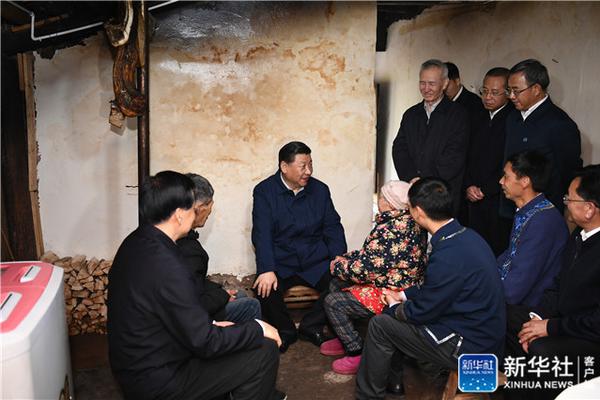 President Donald Trump's tariff policies are going into effect, and people who like buying affordabl
...[Details]
President Donald Trump's tariff policies are going into effect, and people who like buying affordabl
...[Details]
Facebook's vote planner wants to help you understand your ballot
 Facebook doesn't just want to fill your feed with political articles and political rants. On Friday,
...[Details]
Facebook doesn't just want to fill your feed with political articles and political rants. On Friday,
...[Details]
See the erstwhile Lady Gaga unleash Joanne on an L.A. dive bar
 LOS ANGELES — With all the chunky hollowbody guitars, horns, keyboards and other drool-worthy
...[Details]
LOS ANGELES — With all the chunky hollowbody guitars, horns, keyboards and other drool-worthy
...[Details]
Amazon Prime launches in China
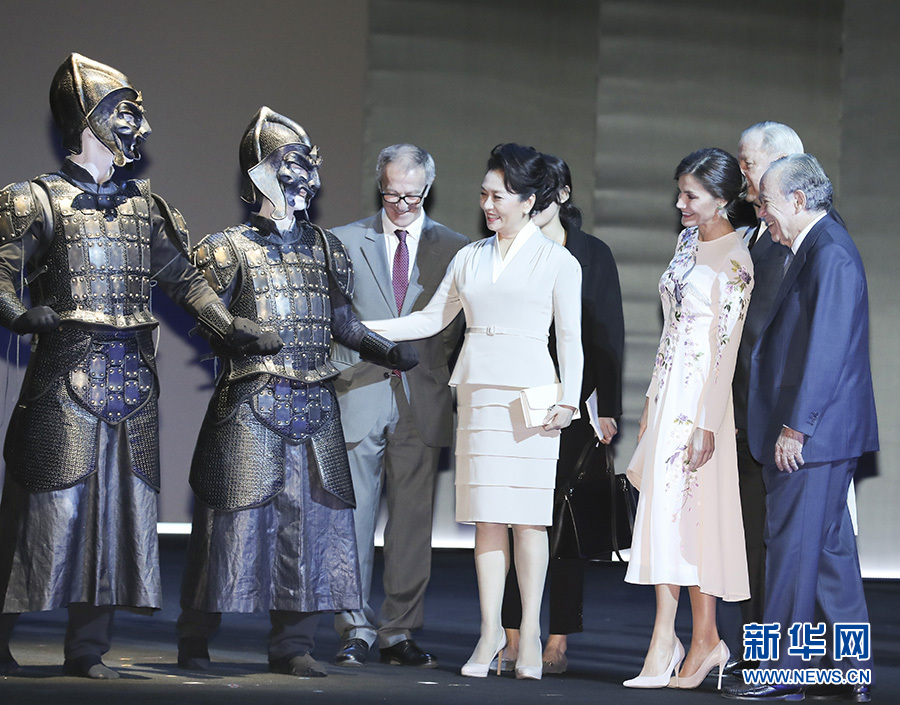 Amazon Prime has reached China. The online retail giant on Friday announced its launch of Amazon Pri
...[Details]
Amazon Prime has reached China. The online retail giant on Friday announced its launch of Amazon Pri
...[Details]
One of Android's Easter Eggs is a Flappy Bird
A very serious analysis of the Drake and Taylor Swift dating rumors
 The universe itself is in a state of panic as the fates rest on the shoulders of two famous people.I
...[Details]
The universe itself is in a state of panic as the fates rest on the shoulders of two famous people.I
...[Details]
Sony launches new flagship XM6 headphones: Order them now

Your viewing guide to Game 3 of the World Series
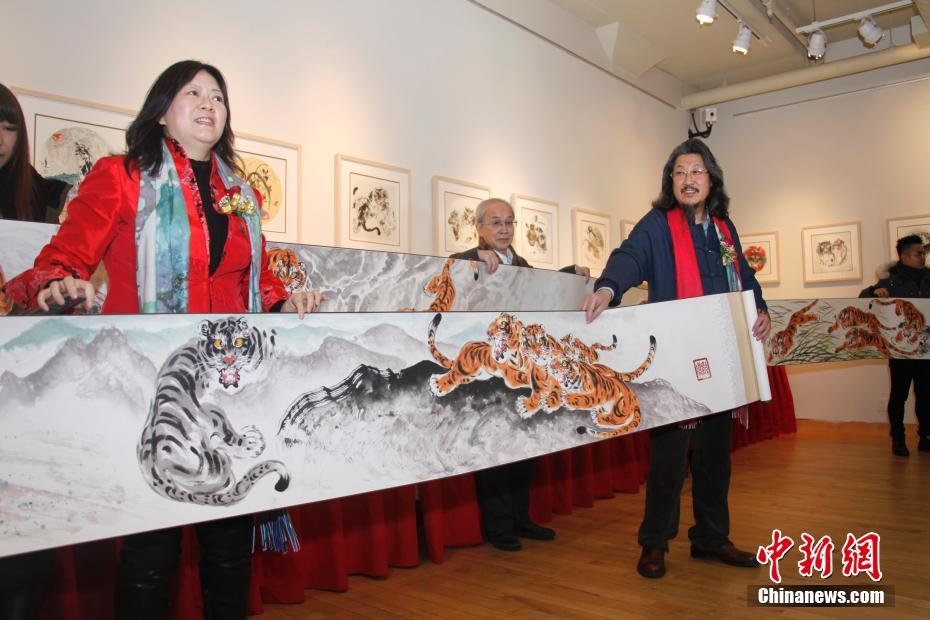
接受PR>=1、BR>=1,流量相当,内容相关类链接。